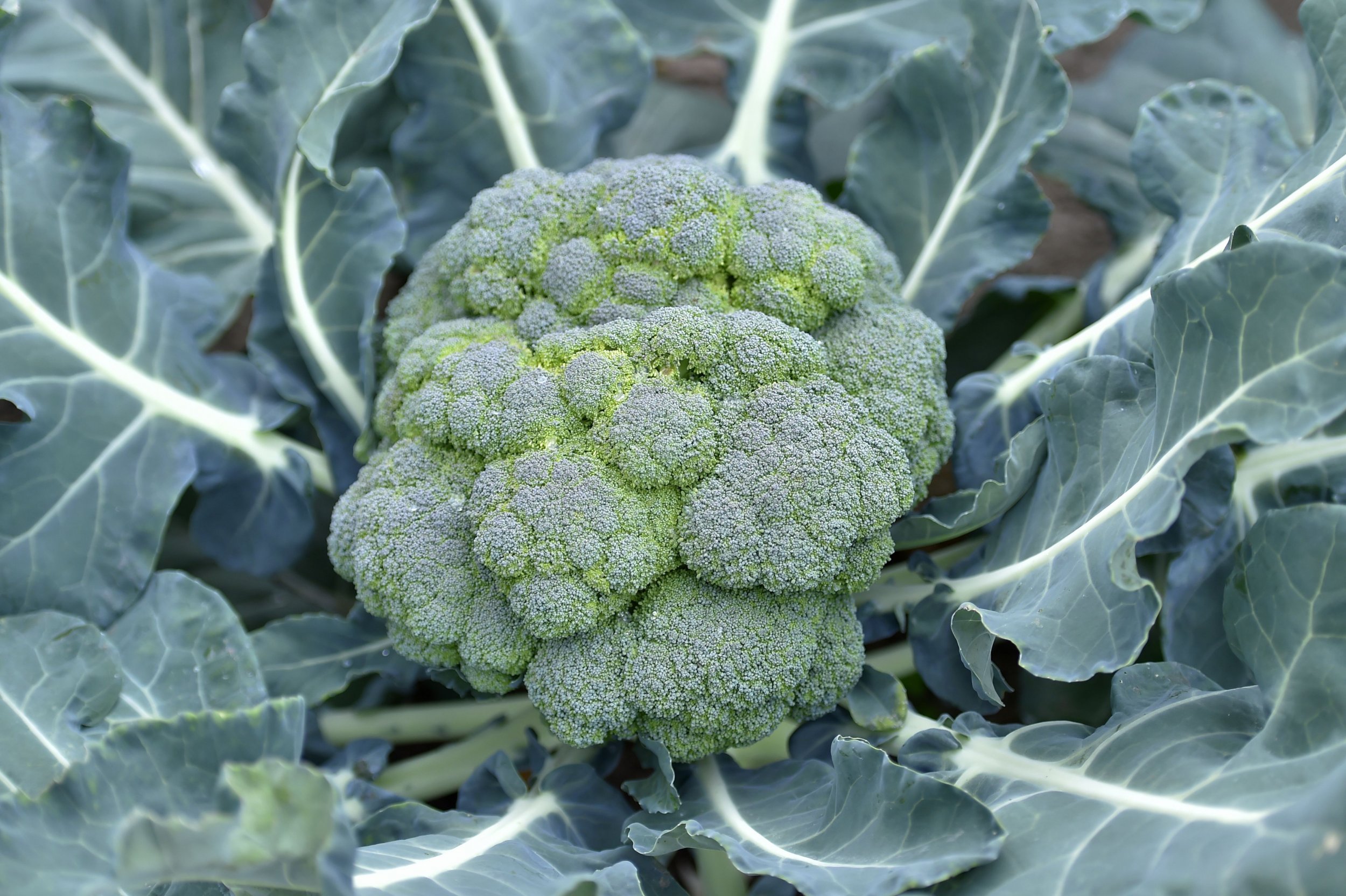
Broccoli is one of those veggies that people seem to either love or loathe. Although we all can't agree on whether it's tasty or not, there's at least one thought that's universal: it's healthy. The green veggie has been the subject of many studies, which have touted its antioxidants and cancer-fighting properties. Now, new research says broccoli may also help improve gut health.
In a study, published in the Journal of Functional Foods, researchers examined the effects of broccoli on genetically modified mice with digestive disorders similar to colitis—a common long-term problem that affects more than one million people in the U.S., according to the Centers for Disease Control and Prevention. The team found that the mice who ate a diet supplemented with broccoli, compared to those who indulged in their regular diet, were able to better handle their digestive intolerances.
Although the research was done on mice, it may have some implications for humans.
"The addition of cruciferous vegetables will activate the Ah receptor in your gut and help maintain gut homeostasis. Humans would need to eat about 31/2 cups of broccoli for the protective effect seen here," Gary Perdew, a professor at Pennsylvania State University and one of the study's authors, tells Newsweek via email.
Vegetables like brussels sprouts and cauliflower—which are also part of the cruciferous family—may have the same benefits on the gut, Perdew and his colleagues discuss in their published paper. Their findings suggest that these types of vegetables contain an organic compound that breaks down, then attaches and activates a specific receptor in the lining of the intestines.
The Crohn's and Colitis Foundation of America recommends patients to avoid cruciferous vegetables because they contain too much fiber, which can lead to gas and stomach irritation. But, the researchers believe their new findings suggest otherwise.
"Our results suggest that broccoli may be of preventative benefit in cases of heightened intestinal inflammation, such as Crohn's disease and colitis," the authors write.
In the future, Perdew hopes to study whether eating broccoli can help with long-term effects of taking aspirin, ibuprofen, and other nonsteroidal anti-inflammatory drugs (NSAIDs).
"We are interested in examining the ability of broccoli to enhance our resistance to damage from NSAIDs that the aging population often take," Perdew said in an email. "These drugs can cause gastrointestinal damage."
Uncommon Knowledge
Newsweek is committed to challenging conventional wisdom and finding connections in the search for common ground.
Newsweek is committed to challenging conventional wisdom and finding connections in the search for common ground.
About the writer
To read how Newsweek uses AI as a newsroom tool, Click here.








